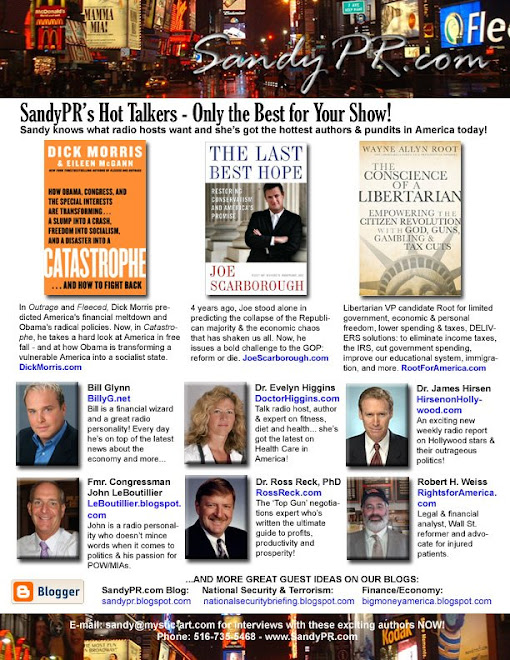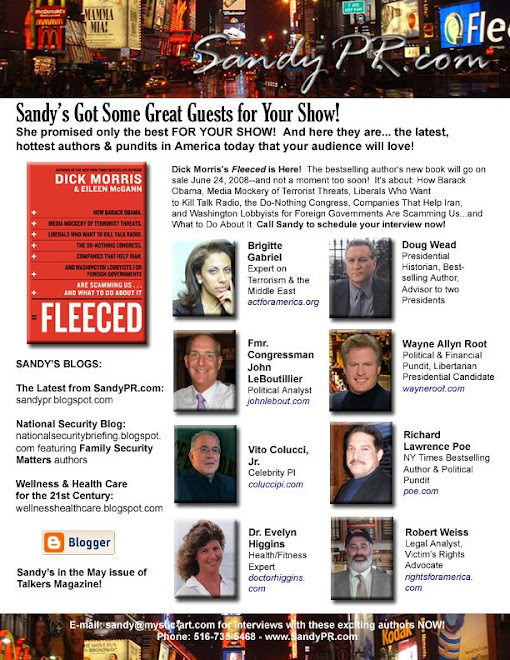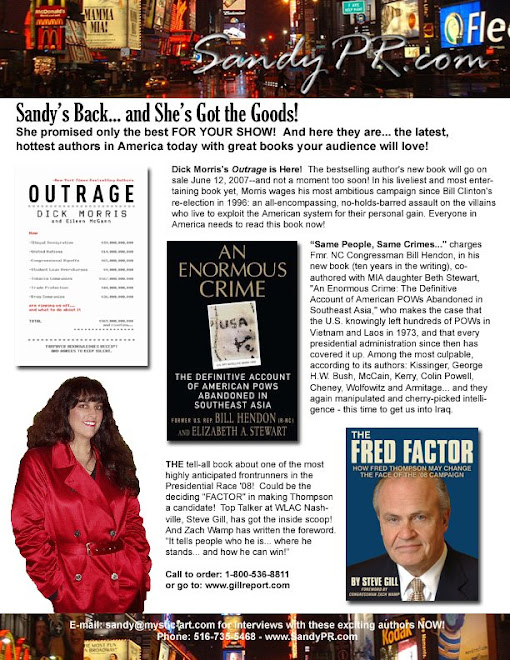An American Bride in Kabul
By Phyllis Chesler
"A
renowned psychotherapist's richly compelling memoir about how her
experiences as an Afghan man's wife shaped her as both a feminist and
human rights activist... Intelligent, powerful and timely." --Kirkus Reviews
An American Bride in Kabul is a personal memoir by best-selling author and professor of psychology, Phyllis Chesler
- a Jewish-American girl from Brooklyn - embarking on a Middle Eastern
adventure that has lasted for more than a half century. Her journey
chronicles a revealing history of central Muslim Asia and the Jews of
Afghanistan, the Islamic Veil, gender and religious apartheid, and how
such practices - burqas, polygamy, first-cousin marriage, and honor
killing - have invaded the West by those who perpetrated 9/11 - the
terrorist attack planned in Afghanistan.
Twenty
years old and in love, Phyllis Chesler arrived in Kabul in 1961 with
her westernized Afghan-American bridegroom. Immediately upon arrival,
authorities took away her U.S. passport. Chesler became the property of
her husband's family and had no rights of citizenship. Her husband - a
wealthy, westernized foreign college student with dreams of reforming
his country - reverted to traditional and tribal customs. Chesler found
herself unexpectedly trapped in a posh polygamous family, with no chance
of escape. She fought against her seclusion and lack of freedom, her
Afghan family's attempts to convert her from Judaism to Islam, and her
husband's wish to permanently tie her to the country through childbirth.
Chesler nearly died there; but she managed to get out, returned to her
studies in America, and became an author and an ardent activist for
women's rights throughout the world.
"Afghanistan
and its people seem to have followed me into the future and right into
the West. Niqab (face masks) and burqas (both of which I oppose) are
here in America, on the streets and in the headlines. Afghanistan has
landed in the West and the West is still deployed in Afghanistan. It
is the country where I was once held hostage and the country which
sheltered Bin Laden as he hatched his 9/11 plot in a cave. Now, the
entire civilian world is being held hostage by Al-Qaeda and other
Jihadists. An eerie coincidence."
In An American Bride in Kabul you will learn:
- that living in a domestic harem is nothing like living in a Hollywood-inspired brothel;
- what it's like to live in a polygamous household;
- about Muslims who are also fighting for women's rights and against Islamism, totalitarianism, terrorism, and gender and religious apartheid;
- how Afghanistan and Muslim-majority countries are places where anti-infidel hatred, misogyny and violence are indigenous, pandemic, and considered normal; and
- how 9/11 changed the direction of my book and all I learned about what America and the West are up against in Afghanistan, during a time of radical militant Islam.
Chesler
sees her time in Afghanistan as a great experience that opened her eyes
to the plight of women and independent thinkers in restrictive cultures
around the world. In the years since her story took place, Chesler has
become a bestselling author and an expert on acts of violence
perpetrated against women, especially the honor killings so often seen
among Muslims in the West and in Muslim-majority countries, and among
Hindus in India. She is now a strong advocate for Israel, America, and
Western values. Her passion for social, educational and political reform
defines the woman she is today, one whose clarity was forged in the
fire of Afghanistan.
About the author: Phyllis
Chesler is an Emerita Professor of Psychology and Women's Studies at
City University of New York, the best-selling author of 15 books, and
psychotherapist. Chesler has lectured and organized women's rights and
human rights campaigns all over the world and has also appeared on
numerous national and international media outlets. Her writings have
been featured in The Washington Post, The International Herald
Tribune, The Times of London, The Weekly Standard, National Review,
Israel National News, The New York Times, and in the Jewish and Israeli media.







No comments:
Post a Comment